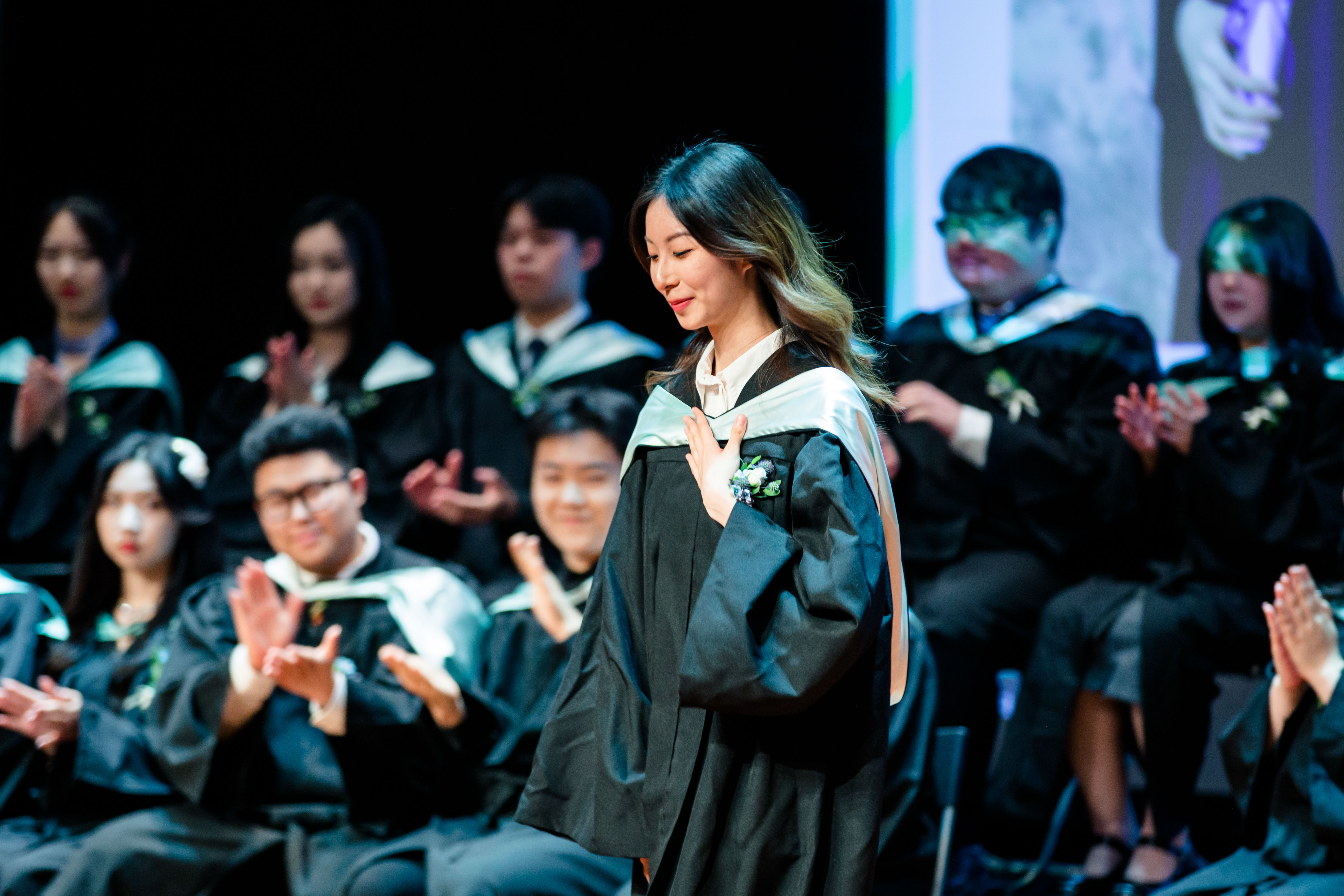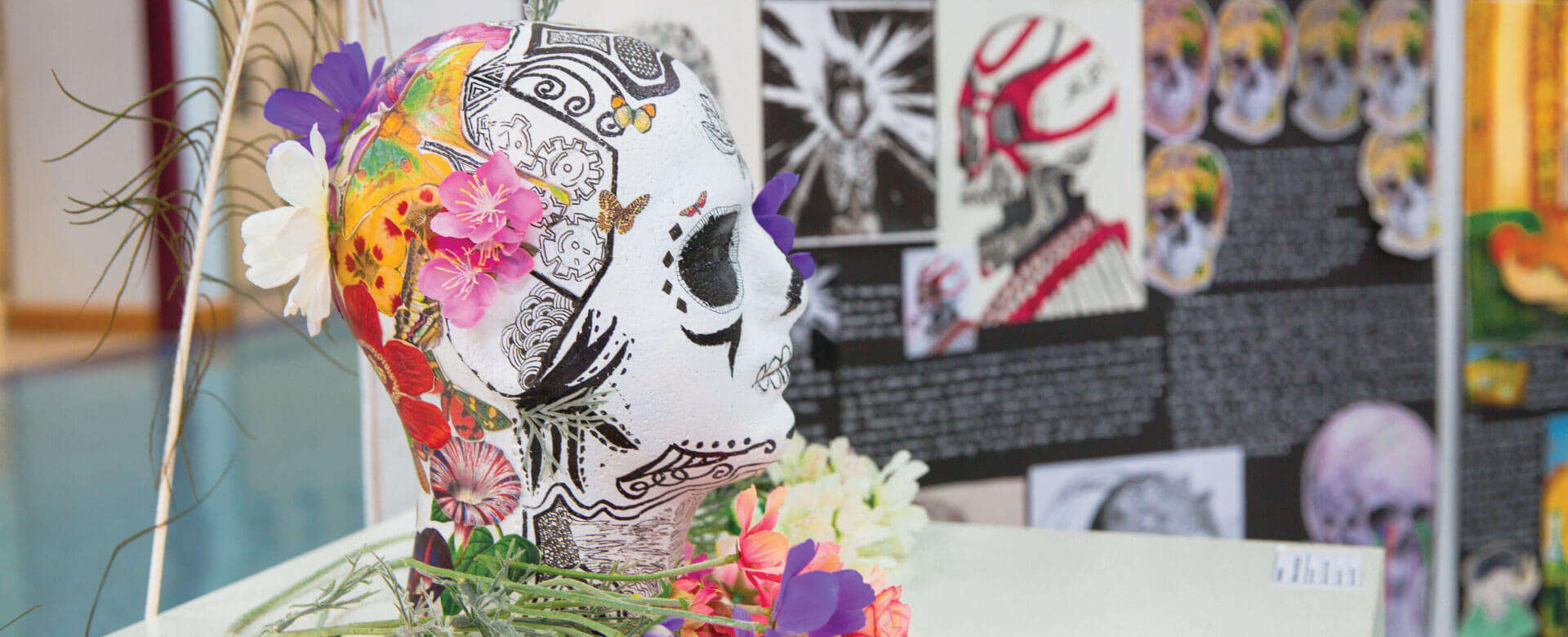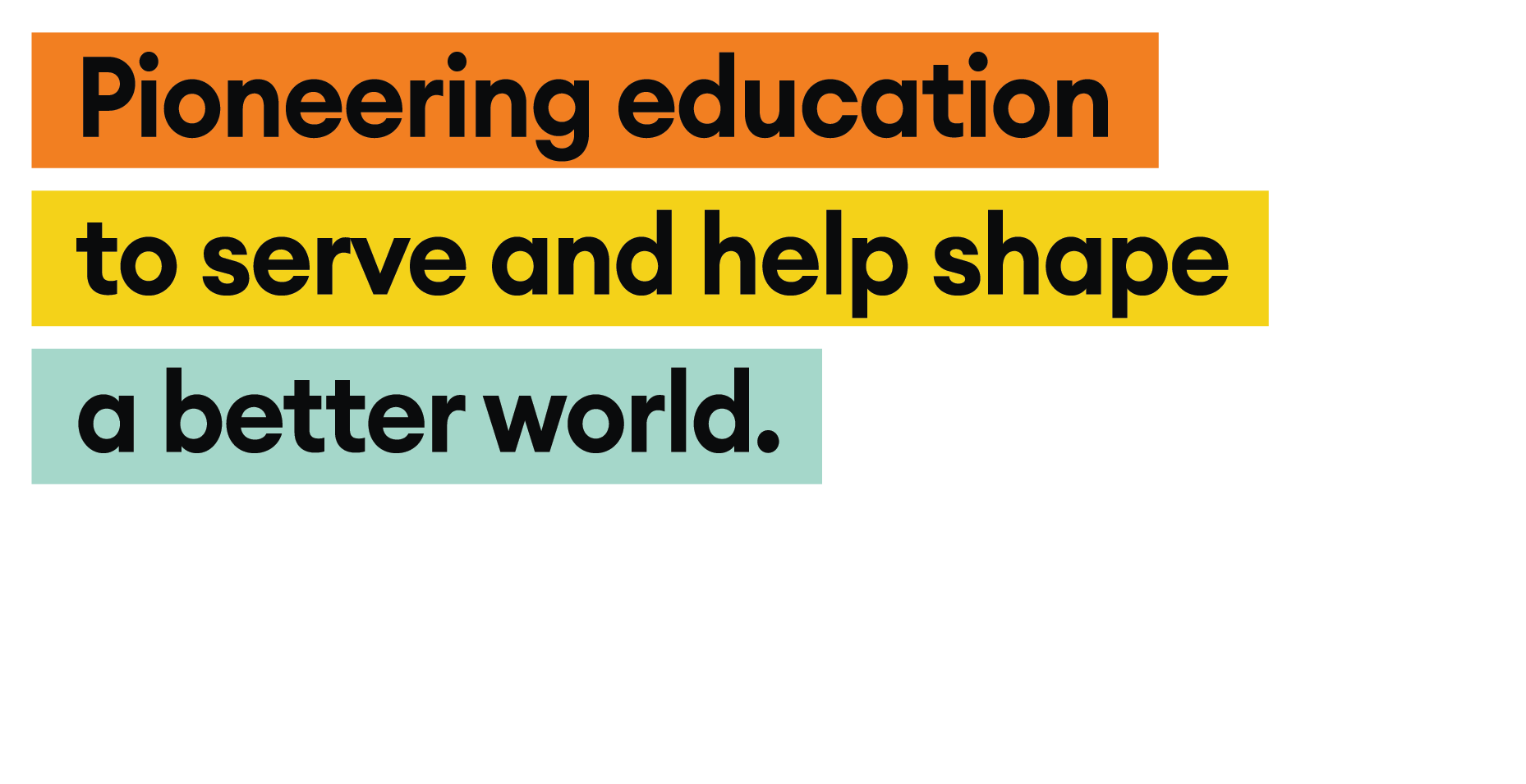We Are Wellington | Planning Ahead for Success in Education
We had the pleasure of chatting to Ted, an able and talented student at Wellington College Tianjin, whose self-discipline and commitment led to outstanding results that earned him an offer from Robinson College, Cambridge, to read mathematics, which has perhaps the most competitive admissions' requirements of any course at the university.
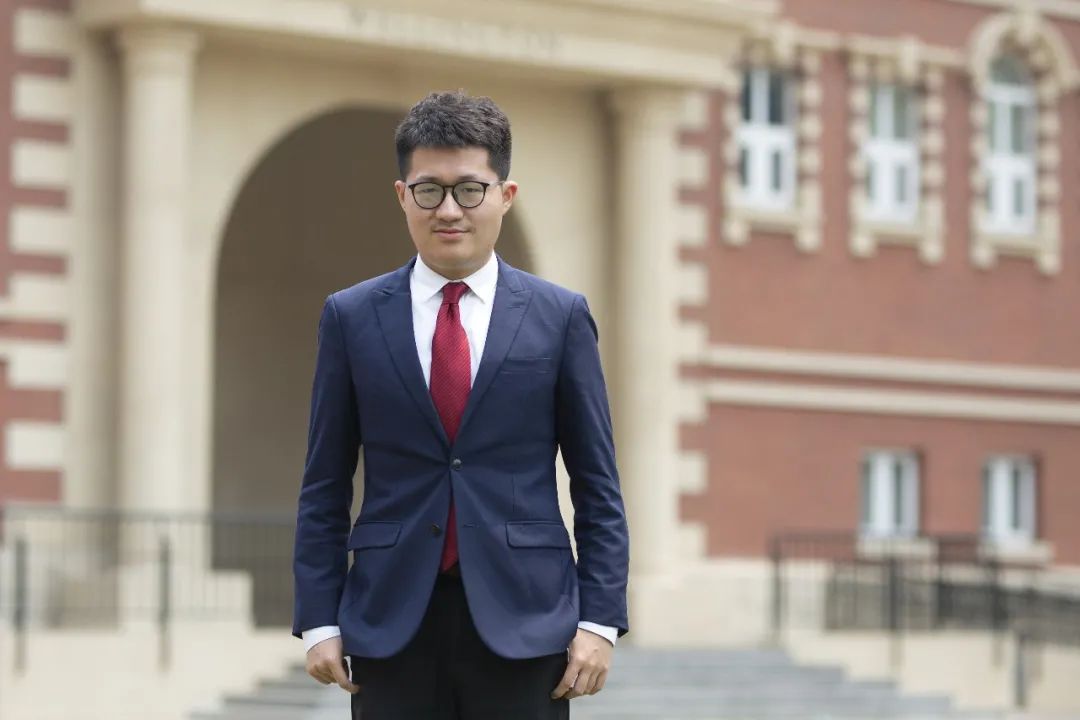
Q1:
Please tell us a little about yourself and your family.
I was born in Tianjin in 2002, now I’m 18 years old. I mainly attended local primary schools and middle schools before switching to Wellington College in 2018. My dad had the opportunity to work in London when I was 13, so I studied in a school in the U.K.
Q2:
Many students find mathematics challenging, but you have excelled in this subject. How did your interest in mathematics develop?
Ever since I was little, I’ve preferred the quantitative or numerical areas of study, and I did some exams in maths and natural science subjects. Comparing this to social sciences, and especially art and literature, I felt that I was bad at these subjects, but with mathematics, besides liking the subject, my strong interest in it made me feel good and gave me a high rank among my peer group.
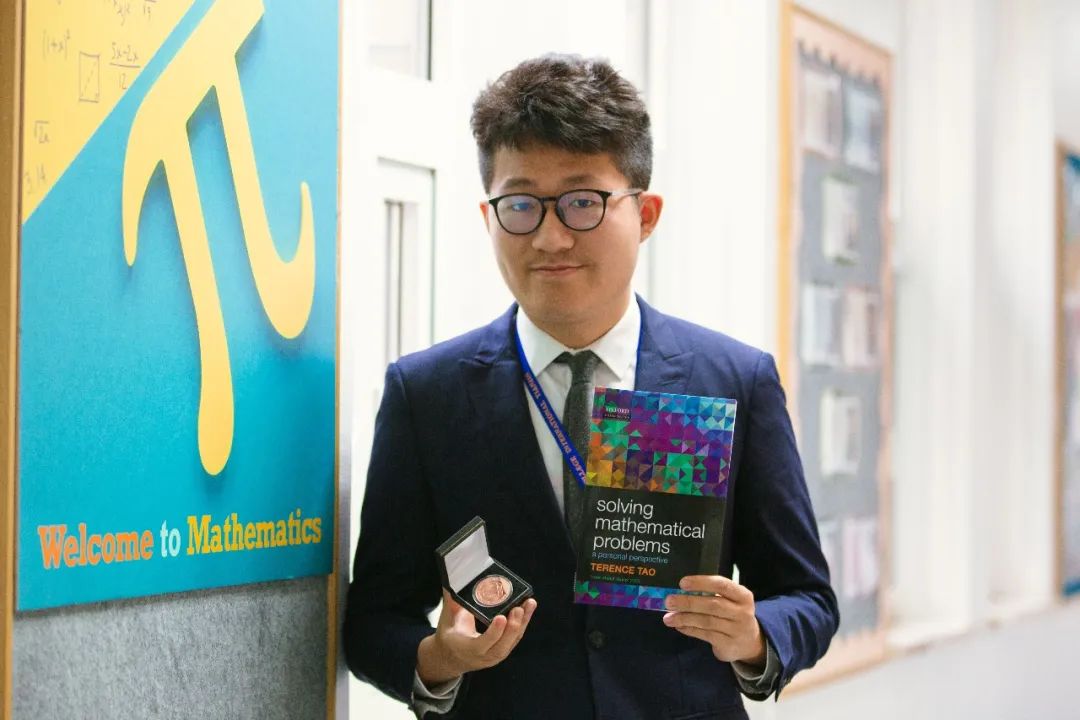
I think my real interest in this subject started here in Wellington. When I self-studied for IGCSE Additional Maths in the summer, I was exposed to more advanced maths topics compared to those I did in middle school. Some examples are matrix, algebra and Maclaurin series, and these made me realize that there was a lot more to explore in the subject besides just spending two hours to solve these exam questions.
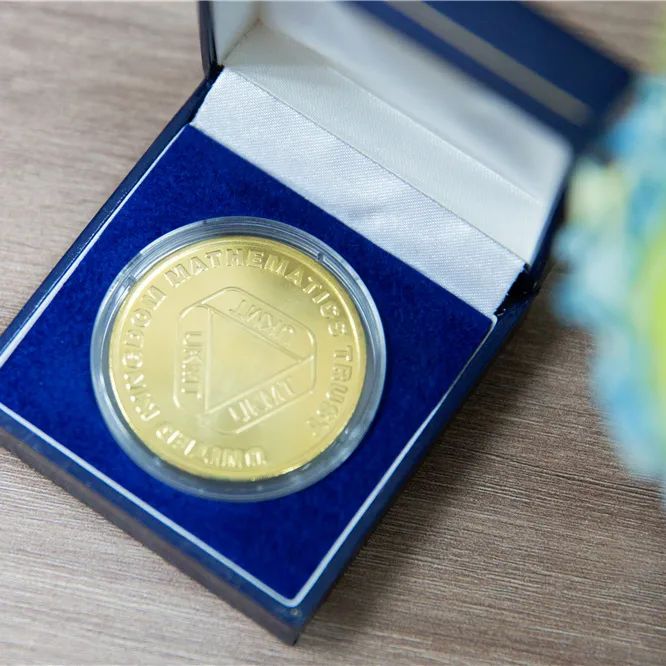
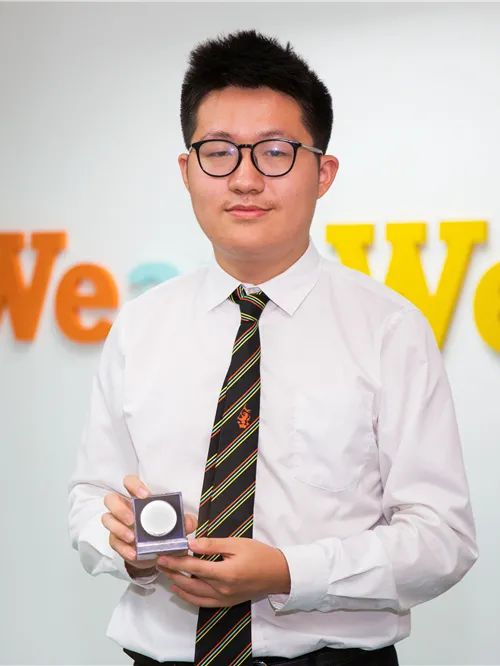
This interest was furthered as I had access to a lot of textbooks and other types of books here at the Wellington library. Another reason was that I only had to study three A-level subjects here, so I had some more spare time and I participated in maths competitions and other problem-solving things.
Q3:
Have you taken some extracurricular maths classes?
Yes, there is an American maths competition called AMC, I participated in this competition. It was quite fun for a maths lover.
Q4:
You have strong self-discipline. How important is this, and how can other students develop it?
I think it depends on the occasion and how intense the deadlines are. I put a big proportion of my time and energy into important matters when the deadlines are close and the goal or target is highly important, such as when I was preparing for Cambridge interviews or international maths competitions.
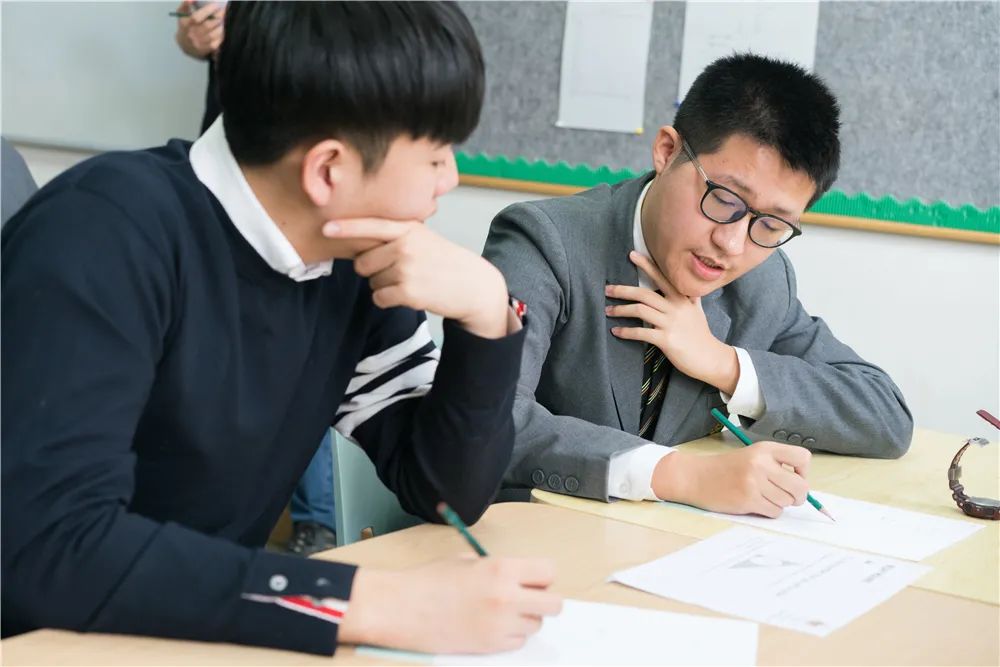
But I have to admit that a lot of the time, I’m the kind of person who sits at home and watches YouTube for hours. But still, if there are any tips that I can give, they will be getting to know what scopes, and why they are important to you, as quickly as possible, so, like you are stalling and procrastinating, always an alarm clock in your heart.
Q5:
What led to your becoming a Shuping scholar?
Shuping scholars tend to select students based on their abilities, academic potential, as well as other performance, and what is important as well is giving back what one has received from society. I had satisfactory academic results, and I also attended some events, such as Global Social Leaders Programme. I also attended charity work to raise money for special schools in Tianjin and did some work in an animal sanctuary. So, I guess those could be the reasons as well.
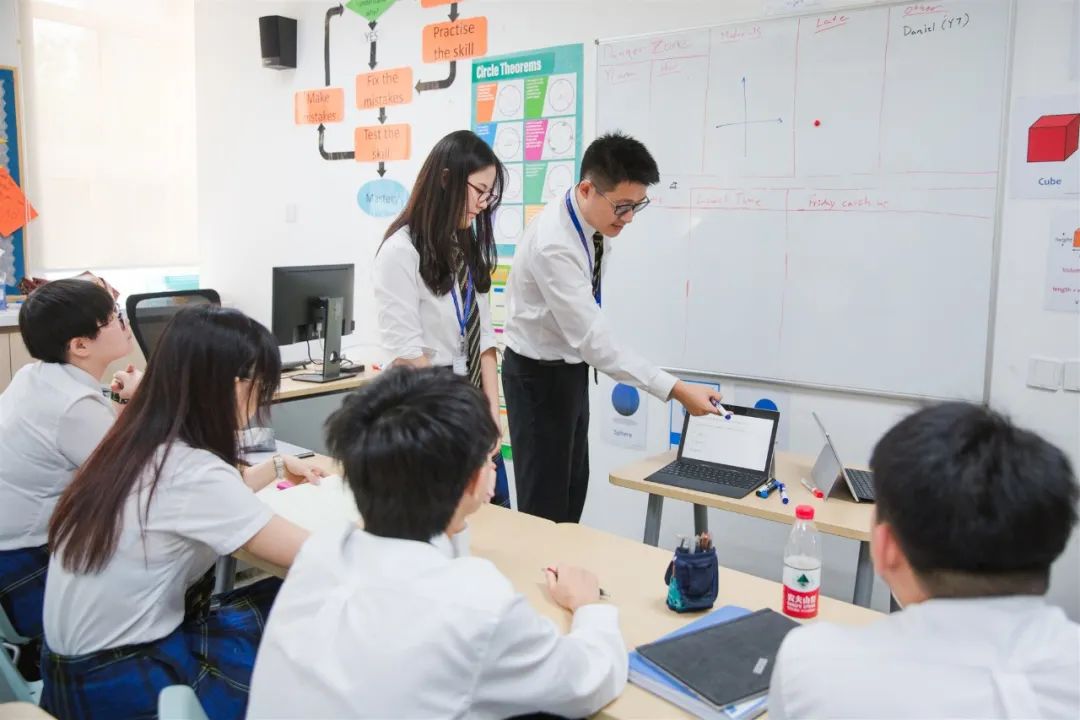
Q6:
How did Wellington College Tianjin help you to develop further?
In terms of university application that is closer to the British system, getting to know the university and education of another country, was the thing that I learnt the most here at Wellington. When I first transferred to this school three years ago, I knew very little about A-levels, about applications, about the differences between the UK and the US. And I recall that there were several teachers who gave me valuable advice according to their experiences with their former students. So, I was put on an accelerated program to try to finish the syllabus earlier.
So I want to acknowledge the teachers being so supportive, and encouraging me to go into the accelerated program.
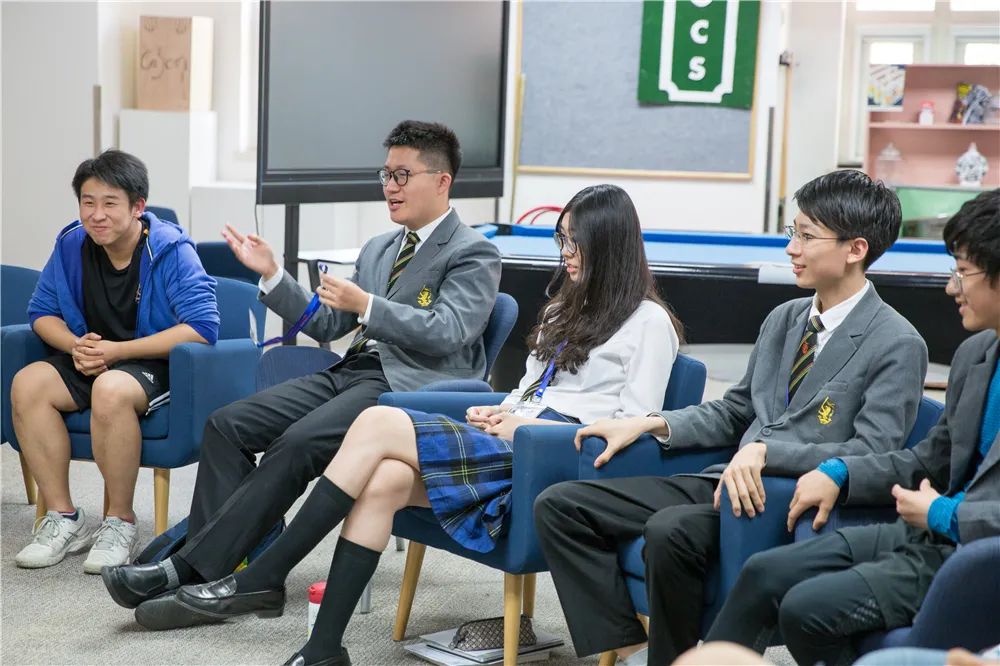
Q7:
You received an outstanding grade on the IELTS exam. How did you develop your excellent English ability?
I think the most useful way to develop English language ability is by reading a lot of English. Instead of reading English texts and trying to remember vocabulary, I think that learning English is important in other subjects, including geography, economics, biology, and those equipped me with a lot of subject terminology in a range of subjects like social science, natural science, and so on. These words and content appeared in IELTS listening and reading material; plus study in these subjects can also involve extensive reading, writing and doing verbal presentations that helped me get used to the academic style of communication. This is exactly the point of IELTS, to prepare students for university, and it is academic in nature.
Q8:
In light of your exceptional skills, what career path are you considering?
One reason for me to choose to study mathematics at university is that I want to keep my career options quite open; it is still too early now for me to decide adamantly which career I’m going to devote myself to. But I’m now considering data scientist or AI engineer on the computer science side because they also tie quite closely together with mathematics. And I am also exploring actuarial science, becoming an actuary on the financial side of matters, because they also rely on mathematical analysis.
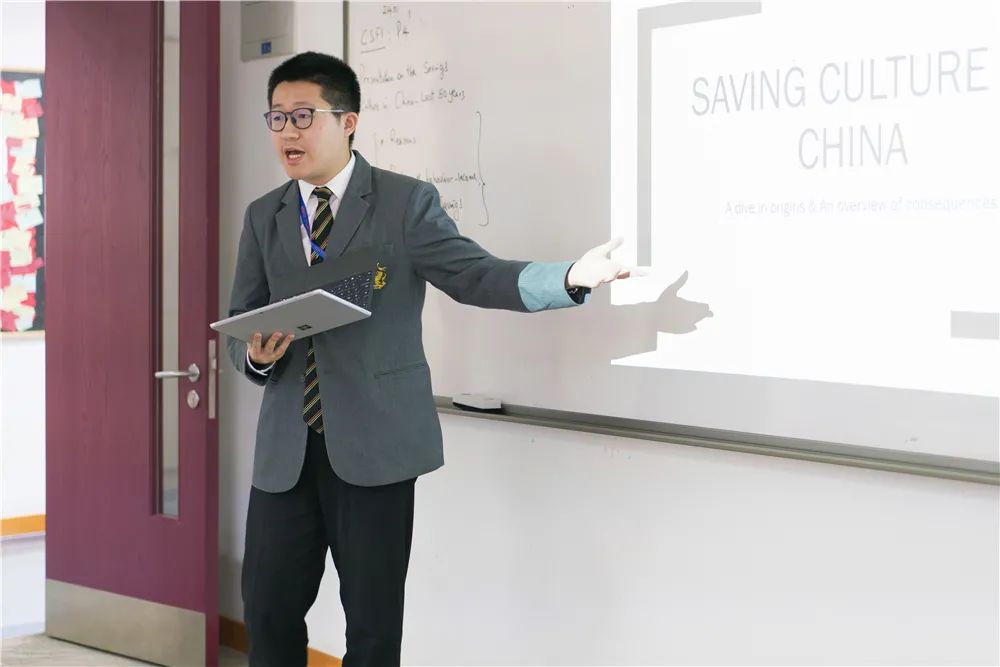
Q9:
How do you feel about the offer that you have received from Robinson College, Cambridge?
I'm just delighted to see that my endeavours during this year have paid off. The undergraduate maths program in Cambridge provides a wide range of course choices, and many of the courses they offer are prerequisites to master courses beyond. I look forward to these courses and can’t wait to see where they will lead me to eventually.
Q10:
Apart from your exemplary academic skills, what other skills do you have? Are you involved in any sport, or music, or any other type of art?
Since last summer, I’ve been training in boxing in the local gym, and I recently picked up some basic piano pieces that I learnt when I was little. I used to play the piano quite well. I wouldn’t say that I was excellent in any of these hobbies, but I do like to play music or do exercise to enjoy myself, as well as relieving pressures.
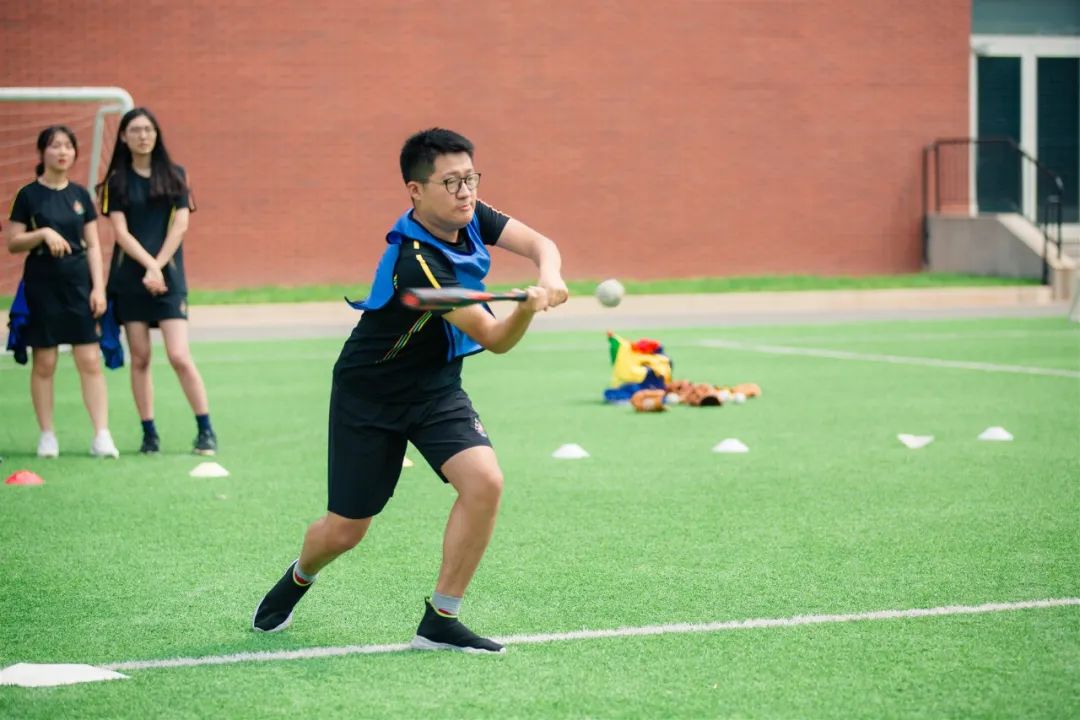
Q11:
Would you recommend Wellington College International, Tianjin to the youngsters out there, looking for a school that would guide them throughout their journey in education? What would be your advice to them?
Definitely, yes, I would recommend my school to my younger friends, especially those who have the same ambition of going to top institutions abroad to study science. We do have very supportive teachers and environments here.
I don't know a lot about the school system, but I will give some personal experiences. During the past three years, I have observed that there have been about ten new books in the library about science and math each term, that range from books for stage three or four students to university textbooks for A-level program students to self-study. I also showed my maths teachers the Cambridge recommended reading list, and they highlighted them one by one to see whether they could get these books shipped in China and managed to get more than twelve of these books.
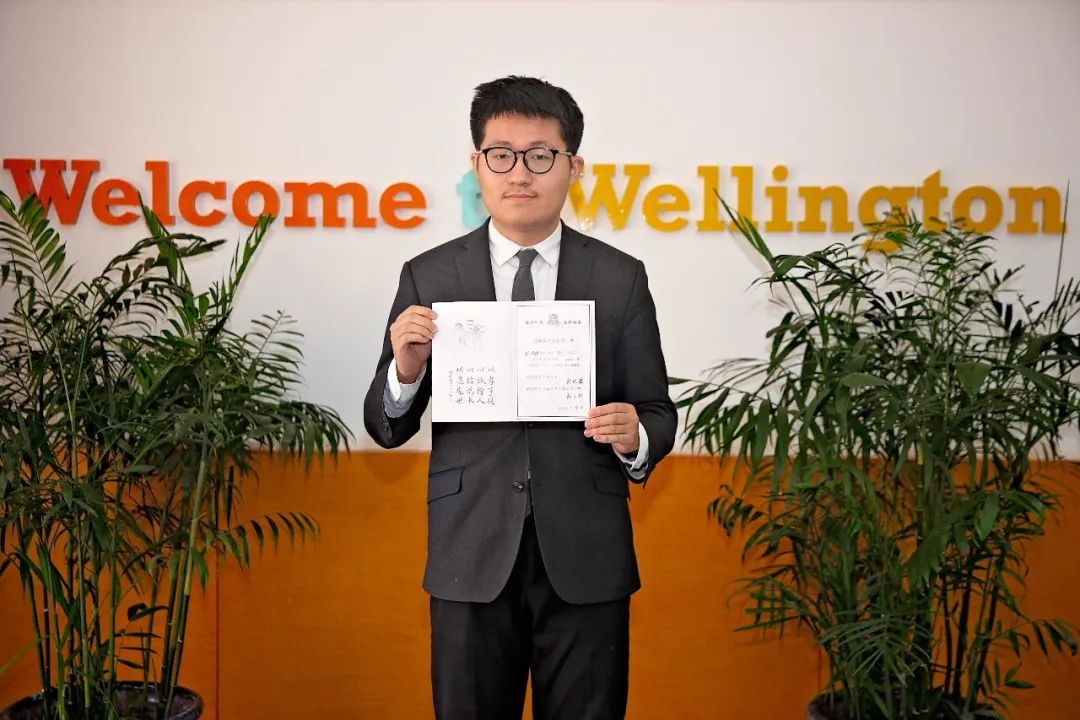
Especially the best is about the mock interviews; the school arranged five extra interviews for me, and also, a lot of teachers contacted people based on their own personal connections, which was quite touching, to be honest, because I had a lot of friends in Shanghai and Tianjin whose schools only gave them two or three extra interviews.
Q12:
You now have the opportunity to thank your parents, teachers, friends, and everyone that has supported you and contributed to your becoming the person you are today. What would you like to tell them?
There is a lot to say. First, my parents really supported me during the past three years; they have been supportive in each of the choices I have made, including when to take the A-level program early, and also which universities to apply to. Also, it is my parents who introduced me to the school, and I am thankful for all the opportunities and all the love they have given me.

Also to my teachers and friends. I have met many friends in Wellington that I will remember for life. I met so many people who are talented and taught me that there is more than one way of living a life. Also, my teachers here for helping me with the interview processes, and also getting me the books, giving me the flexibility, and the freedom of self-studying, staying in the sixth form common room to read extra-curricular stuff. Without this flexibility and freedom, I couldn’t have got that offer.
Related Articles








 Channel
Channel 
 Linkedin
Linkedin  Weibo
Weibo  Facebook
Facebook  Ins
Ins 

